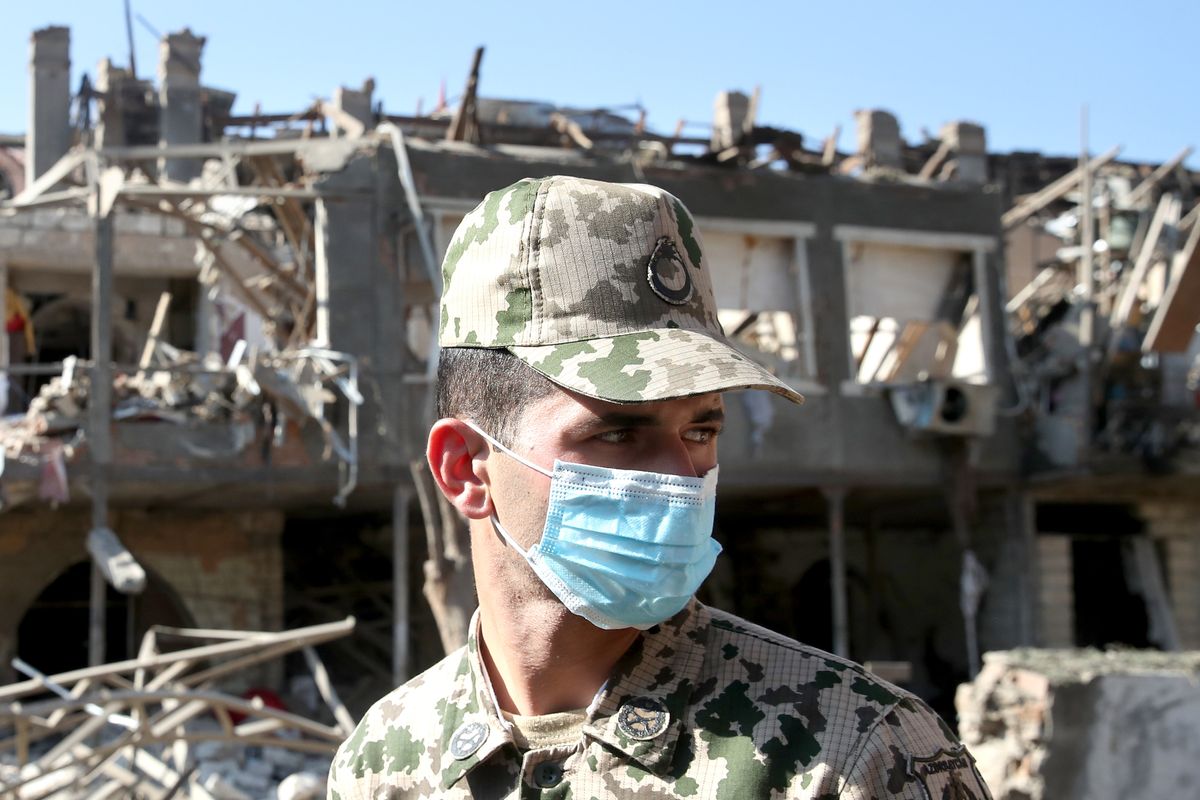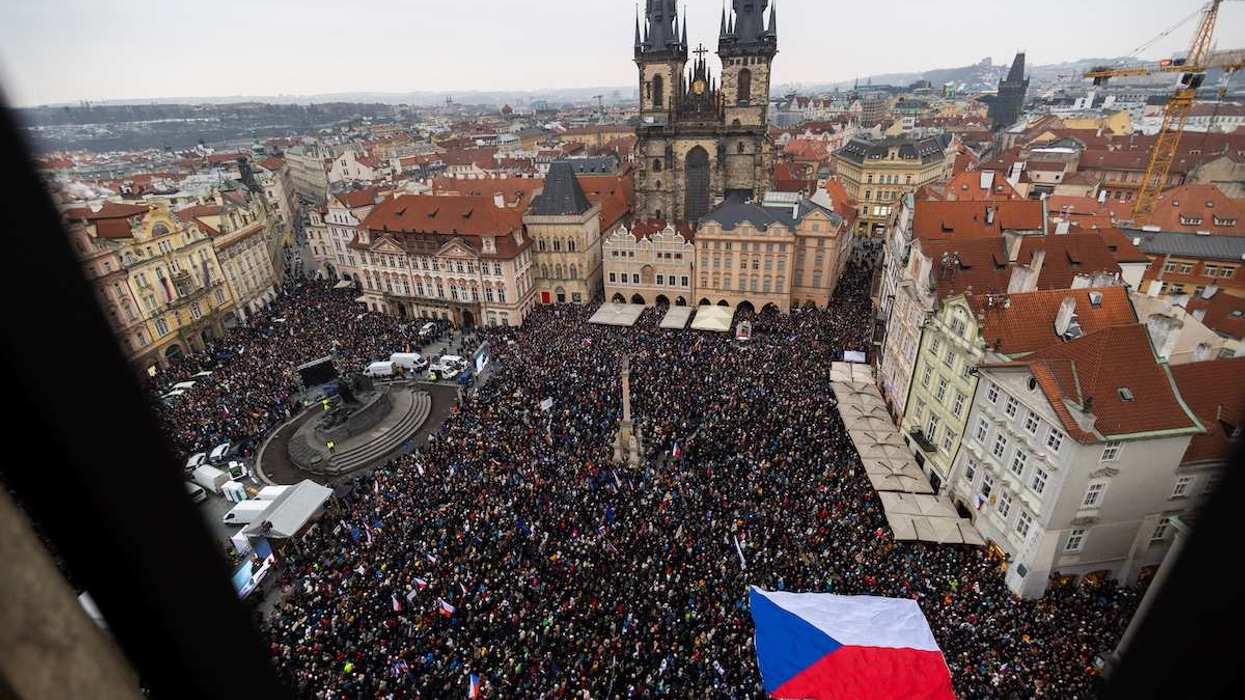Did the Azeris win in Nagorno-Karabakh? After six weeks of intense fighting over the disputed Nagorno-Karabakh region, Armenia and Azerbaijan have signed a long-term truce, brokered by Moscow. The deal is broadly seen as a win for the Azeris, who can keep land won during the decades-long conflict, while Armenia has agreed to withdraw from adjacent territory. While in recent weeks both sides said they would not give up until they emerged victorious, Armenia's strategic edge all but disappeared this week, when it lost control of the strategic area of Shusha (which Armenians refer to as Shushi), the enclave's second largest city, as well as a key road used to supply its troops with weapons. What happens now? President Putin said that Russia will send peacekeepers to guard the borders, while Turkey, which backs Azerbaijan, will also take part in the "peacekeeping" mission. After the deal was inked, euphoric Azeris flocked to the streets of Baku to celebrate, while furious Armenians stormed the parliament in Yerevan and raided the office of Prime Minister Nikol Pashinyan, calling him a "traitor." Three previous ceasefires collapsed, but this one appears to set out a more comprehensive map for reconceptualizing the South Caucasus, where Armenia and Azerbaijan are located. Will it hold?
Brazil halts Chinese COVID-19 vaccine trial: Brazilian health authorities hit pause on a Chinese company's COVID-19 vaccine trial after an undisclosed safety "incident" occurred in late October. The drug, which is being produced by Sinovac Biotech, is one of China's most promising vaccine candidates. As part of a Phase III trial, the final stage before a vaccine's approval, Sinovac began vaccinating participants in São Paulo over the summer. The drug company is also conducting advanced trials in Indonesia and Turkey, though neither of those countries have suspended the program at the time of this writing. Sinovac, for its part, said that it is "confident in the safety of the vaccine," a stance echoed by the Chinese government (although the company is privately owned). While it is not uncommon for clinical trials to be suspended when new issues arise, several Chinese vaccines have already been given limited approval by the government even before the safety and efficacy of the drugs have been fully fleshed out, violating a slew of international safety protocols.
Vizcarra out in Perú: Martín Vizcarra agreed to step down as president on Monday after the Peruvian parliament voted to remove him over allegations that he accepted bribes from construction companies when he was a regional governor. This comes just two months after Vizcarra survived another impeachment vote after being accused of trying to block an investigation into misuse of public funds. These political crises come as Perú is been pummeled by the pandemic, suffering one of the world's highest per capita mortality rates. Since both the presidency and the vice presidency are now vacant (Mercedes Aráoz stepped down as VP in May following a brief stint as interim president), the acting head of state will be Manuel Merino, speaker in Perú's unicameral Congress. Merino will serve as interim president until the next parliamentary election, currently scheduled for April 2021, where the current frontrunner is former football (soccer) player and Lima district mayor George Forsyth. Meanwhile, Merino's caretaker government faces tough challenges ahead in dealing with the pandemic, getting the Peruvian economy back on track after huge losses in the mining sector, and navigating a fragmented political landscape that risks further turmoil as the vote looms.

















